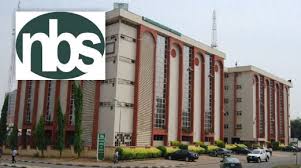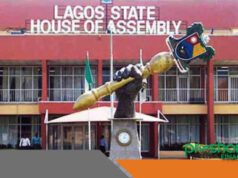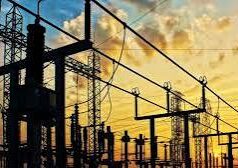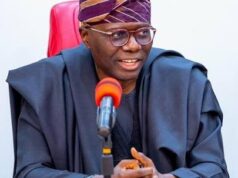
According to the General Household Survey Panel (Wave 5) released by the National Bureau of Statistics (NBS) in partnership with the World Bank, just over half of Nigerian households—53.6 percent—have access to electricity.
The survey, which assesses living conditions nationwide, highlights significant inequalities in electricity access and reliability, particularly between urban and rural areas.
At the launch event in Abuja, Prince Adeyemi Adeniran, the Statistician-General of the Federation and CEO of the NBS, referred to the survey as a “goldmine” for policymakers and researchers. He emphasized the report’s valuable insights into the challenges faced by Nigerian households, including energy access, economic shocks, and poverty dynamics.
The survey indicates a pronounced urban-rural divide in electricity access. While 82.2 percent of urban households have power, only 40.4 percent of rural households are connected.
The South East region boasts the highest electrification rate at 74.6 percent, whereas the North East region significantly trails at 29.5 percent.
The report states, “Approximately one in two Nigerian households reports having access to electricity. The national average stands at 53.6 percent, with a stark contrast between urban (82.2 percent) and rural households (40.4 percent). At the zonal level, the South East zone leads with a 74.6 percent electrification rate, while the North East lags at 29.5 percent.”
Despite these disparities, reliability remains a pressing issue, as households experience an average of 6.7 power outages per week, each lasting around 12 hours. Urban households face an average of 6.4 outages weekly, while rural households experience 6.9, with southern regions reporting longer blackout durations exceeding 12 hours compared to less than 11 hours in northern region
The report elaborates, “On average, a Nigerian household experiences electricity blackouts 6.7 times per week, with each outage lasting about 12 hours, totaling 67.2 hours of blackouts over a week. There are no significant differences between urban and rural households. Urban areas face an average of 6.4 blackouts per week, each lasting approximately 12 hours. In contrast, rural households experience an average of 6.9 blackouts weekly, with each lasting around 12.1 hours. However, southern zones report longer blackout durations (over 12 hours), while northern zones report shorter outages (less than 11 hours).”
The report also highlights that the Power Holding Company of Nigeria (PHCN) is the primary electricity provider, serving 88.2 percent of households with access.
Alternative sources, such as generators, solar home systems, and local mini-grids, account for less than 3 percent each, underscoring the heavy dependence on the fragile national grid.
“The Power Holding Company of Nigeria/Nigerian Electric Power Authority (PHCN/NEPA) is the predominant electricity source nationwide, covering an average of 88.2 percent of households with access. Alternative sources, including generators (2.8 percent), solar home systems (2.8 percent), and local mini-grids (2.6 percent), represent a much smaller share, highlighting the reliance on the national grid for electricity supply,” the report noted.











